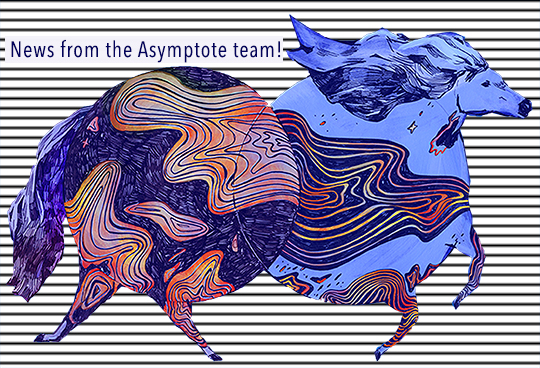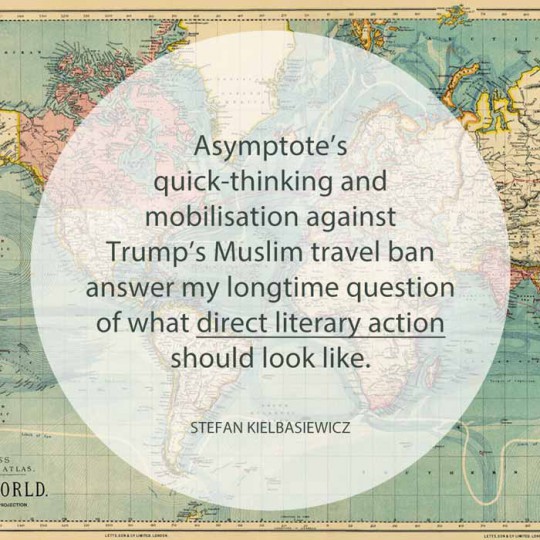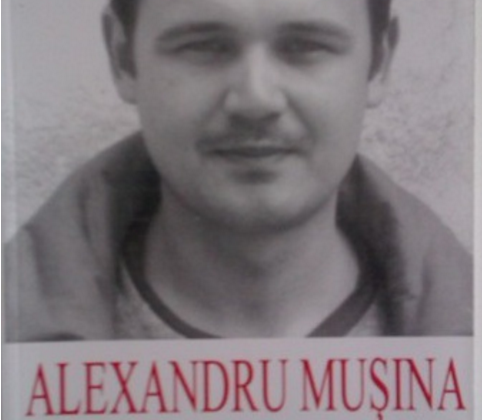Poetry Editor Aditi Machado’s forthcoming collection, Some Beheadings, is available for pre-order from Nightboat Books. Her translation of Fariq Tali’s Prosopopoeia was recently reviewed by Jill Magi.
Drama Editor Caridad Svich‘s piece, Carthage, will be performed at TheatreLab in New York from 19 to 21 July, by Signdance Collective. She is also on the editorial board of Global Performance Studies, a new journal which has just launched its first issue, Fluid States—Performances of unKnowing.
Criticism Editor Ellen Jones has translated some poems by Enrique Winter, which are appearing in a bilingual chapbook called Suns, published by Cardboard House Press on 25th July.
Romania and Moldova Editor-at-Large Chris Tanasescu a.k.a. MARGENTO will be presenting a paper on “Metaphor Detection in a Poetry Corpus” at the Association for Computational Linguistics Conference in Vancouver. The paper is co-authored with Vaibhav Kesarwani, Diana Inkpen, and Stan Szpakowicz, and is a part of the GraphPoem research project he conducts on graph theory applications in poetry. Earlier this month, MARGENTO co-edited a Romanian Poetry feature in Plume together with Tara Skurtu.
UK Editor-at-Large Megan Bradshaw has a new short story, Tigre, in the most recent issue of Litro Magazine.
India Editor-at-Large Poorna Swami‘s essay, Wonder Woman, the Fierce Superhero Feminists Deserve, was published by The Wire.
Chief Executive Assistant Theophilus Kwek has new poems in Hyphen Magazine and the Asia Literary Review. He also read at the 21st Anniversary Showcase of the Ledbury Poetry Festival alongside Fiona Sampson, A E Stallings, Tony Hoagland, and other featured poets.
****
Read more dispatches from around the world:









